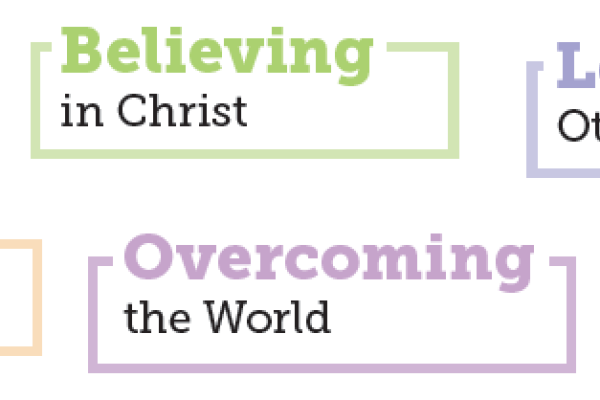James A. Winkle, M.A., has a Christian Counseling Service (Individual and Family Counselors) in Hawthorne, New Jersey. Mr. Winkle served as an elder delegate to the 1976 CRC Synod. In a letter accompanying this article he was asked to write, Mr. Winkle states: “Needless to say, my role as a Christian Counselor would be much […]
Step 6: Provide Hope We are now ready to complete our series of discussions on IRBC’s counseling philosophy and methodology. While focusing our attention on the latter, last time we looked at counseling steps 4 and 5. In this article we look at the final two steps of Reformed biblical counseling. In the context of […]
Step 4: Direct or Confront the Counselee This step is an essential part of the practice of biblical counseling and is one which sets it apart from various forms of Rogerian psychotherapy1 which are highly utilized by both secular and Christian counselors. While Rogerian-styled counselors utilize a non-directive approach, biblical counselors believe that directives are […]
Step 3: Identify and Prioritize Problems Identifying Problems Aside from helping counselees frame their problems in light of God’s sovereignty, one of the primary objectives of biblical counseling is to bring the Word of God to bear on the problems the counselee is facing in a compassionate manner. If this objective is to be fulfilled, […]
Step 2: Collect Data An important part of the first step of counseling involved providing crucial information to the counselee; this was biblically-based information that will help him or her regain perspective on the sovereignty of God. The second step involves getting crucial information from the counselee; information that will help the counselor gain an […]
Preliminary Considerations Counselors should view the process of counseling as one which is both linear and variegated. Having discussed IRBC’s philosophy of counseling, we are now ready to begin discussing the methodology of biblical counseling. The first thing we want to note about IRBC’s methodology, and that of the broader field of biblical counseling, is […]
Last time we began looking at the Primary or Internal Dominant Domains™ of IRBC’s philosophical model of counseling. We considered the first two, which are the Spiritual and Mental Domains. In this article we will be introduced to the final three: the Emotional, Social, and Bodily Domains.™ The Emotional Domain™ When evaluating counselees for problems […]
We are now ready to take under our consideration the fourth foundational principle underlying IRBC’s philosophical model of counseling: God created man to work. This principle, as with the last one, primarily serves as the foundation for the Secondary Dominant Domains, particularly the Production Domain™. Introduction to the Production Domain The grounds for including labor […]








